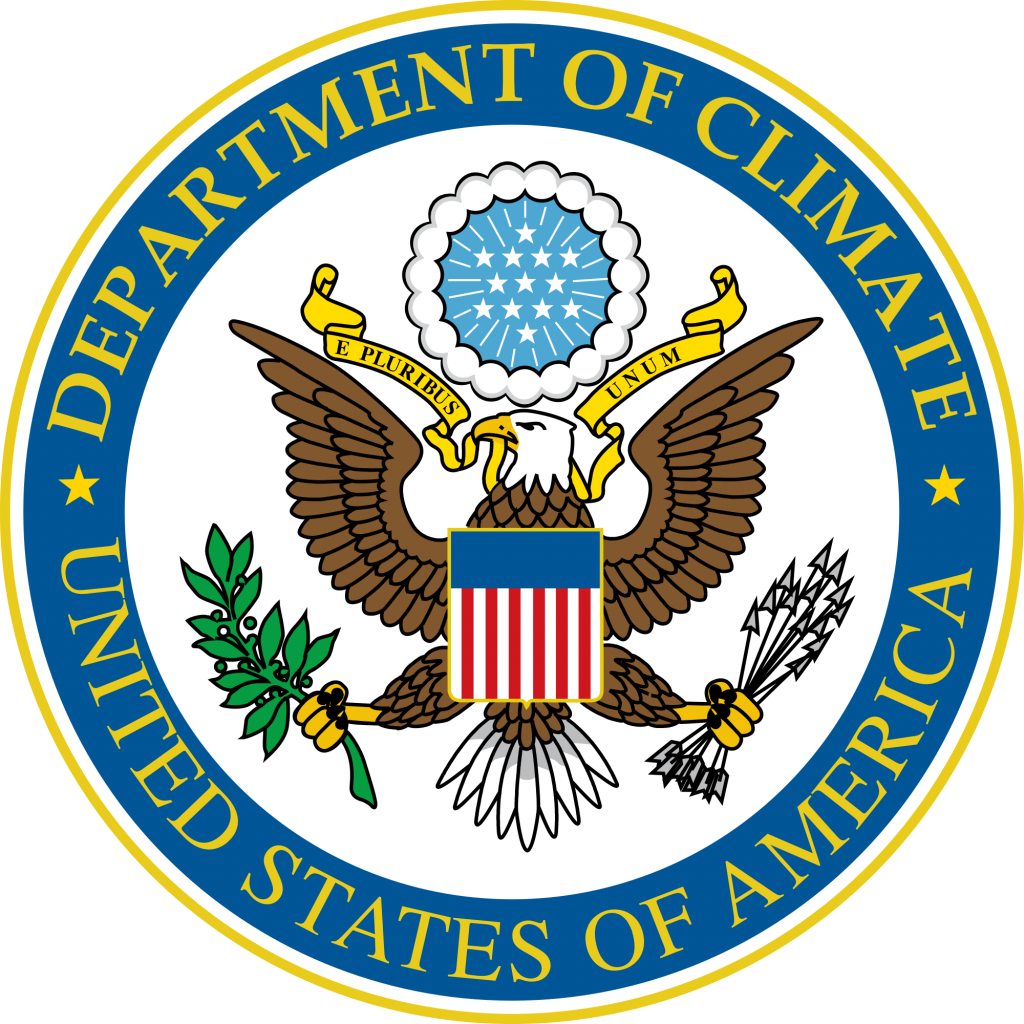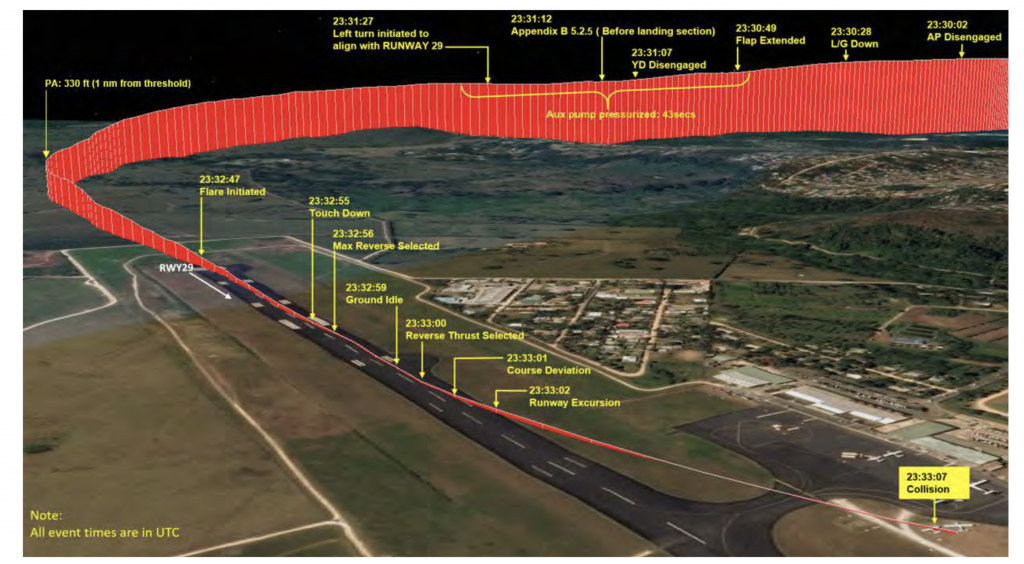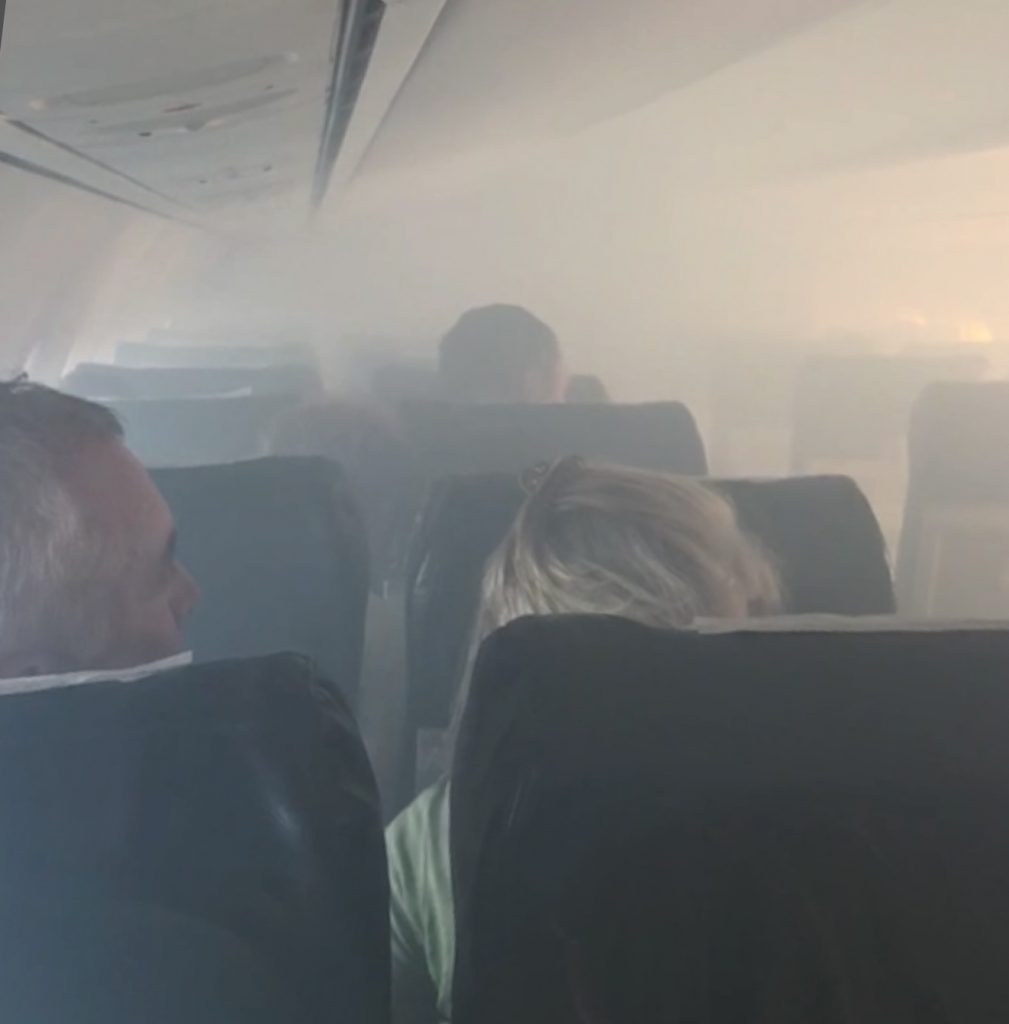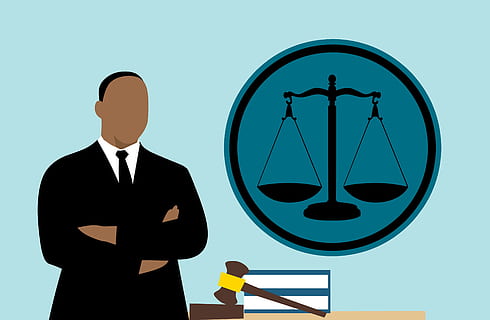Over the course of the last decade, Benny Wenda has emerged as the increasingly confident voice of West Papuan independence. Twice nominated for the Nobel Peace Prize, he has worked from exile in the UK to organise and legitimise the struggle of indigenous West Papuans.
We spoke to Benny Wenda via Skype on October 7, while preparing an analysis for the Lowy Interpreter, which was published nine days later.
Mr Wenda speaks several languages. English is far from his first. In order to ensure clarity on the page, some of his grammar and usage has been corrected, but every effort has been made to retain the intent and nuance of what he said.

DM: I’d like to ask what role you think Vanuatu has had in the past, and what sort of role you think they will have in the future.
BW: Previous governments were already successful. You know, they were pushing the issue to the MSG and also to the ACP. So I hope that this new government can elevate this more. This is very important. I know that the Prime Minister is on it, and I hope they can continue to support until we get our independence.
DM: Have you been in touch with the current government, and if so, how has that played out?
BW: At the moment, I’m not meeting with the new government yet. Because Corona make it hard. Electronic communication is all we have. I’ve sent some documents to the Prime Minister’s office, but physically we haven’t met yet, and the Foreign Minister as well. I hope that I will meet them soon. But they are bravely speaking out in the United Nations. And I personally, and the people of West Papua, thank the Prime Minister and the people of Vanuatu.
This is really a critical time. But instead of thinking only of COVID-19, the government of Vanuatu is thinking of us as well, and highlighting this issue.
DM: This year, as usual, the Prime Minister in his address to the UNGA, expressed concerns about what I think he called ongoing human rights abuses in West Papua. In previous years, we have seen not just one but six Pacific leaders all lining up to talk about their concerns about the way Indonesia is treating people in West Papua. Why do you think that number has decreased? Do you think that’s just COVID, or are there other reasons involved here?
BW: Yes, I think one issue is the COVID issue. And they’re also changing the governments. For example, Tuvalu… Tonga also, the Prime Minister passed away. Also the Marshall Islands. All these leaders who spoke out in the last few years. We don’t have any bilateral [relationships with the new leaders], so it’s a little bit difficult. New governments need to catch up.
But we know through the Pacific Islands Forum communique that they’re already aware of the situation, and we hope that next year we can lobby more to say the situation has not changed to speak out on the issue.
DM: What are you hoping to achieve through the PIF? I know it was supposed to be held here in Vanuatu. It would have been a near ideal platform for the ULMWP to make its case—informally as well as formally. What can you reasonably achieve now with at best a virtual meeting this year?
BW: It’s really difficult to predict. But we hope that when they meet in Fiji, all the Pacific leaders will maintain their call for the UNHCR to visit West Papua. That’s our aim. I hope that Pacific leaders can talk about this in the coming weeks.
I know we’re facing this COVID-19 crisis, but the situation in West Papua is worse than it was. This is a humanitarian crisis as well.
Indonesia is misusing COVID-19 funds to conduct military operations up in the highlands. But they’re not distributing [assistance] widely in the community who are suffering from COVID-19. For example medical supplies. There are no medical supplies in the region.
The military are conducting operations in the villages. We’re worried that the military are spreading COVID-19 in the community. They shake hands, they arrest, they beat them up, they’re spreading it while this is happening.
DM: There was at least one incident that I can think of offhand in which a young man was shot, and the reason given was because he was breaking curfew, he was not respecting the COVID-19 regulations. And there was another case of a checkpoint near the mine where a woman was badly injured for apparently violating limitations on movement that were put in place under COVID-19 emergency measures. Do you think this is a pretence, or do you think these people were caught in the wrong place at the wrong time? Because we’ve only seen a few of them, but at the same time, they’re quite serious.
BW: Yes, this is happening in several places, in Timika, in Wamena and [indecipherable]. There are several places. Some these villages are not even infected with COVID-19, there are serious allegations that they’re trying to limit people’s movement. In the villages, they don’t have any disease. Unless the military come in and conduct operations.
Indonesia has restricted movement even where there are no cases.
In a place called Intan Jaya, there was a huge military operation conducted. That’s why 450 military personnel were sent directly. A pastor was killed, Jeremias was killed at a regional synod. And another in Nduga. These were pastors who were peace maker, but they were killed.
DM: How were they killed? Were they subjected to violence by the TNI? What happened to them?
BW: It’s very clear that they were guarding their community. When the military came, they were clearly saying to the military that this is a congregation, we don’t know all those you are looking for. Jeremia, in Nduga, his congregation fled to the bush because of the military operation, and he’s trying to explain that. ‘This is the community, they are my congregation, they have nothing to do with the West Papua Army. These are ordinary people. But what happened? He was killed. Unarmed.
DM: Sorry, just to be perfectly clear: he was killed by armed forces?
BW: Yeah, in Nduga last year. In 2018. And this Jeremia, just two weeks ago, he was killed by Indonesian military in his village in Intan Jaya.
DM: Do you think that there’s any prospect for an end to this kind of low-level conflict in West Papua in the next two or three years?
BW: I’m sure that as long as Indonesia is deployed militarily, it’s not going to end. That’s why people in West Papua are calling for a referendum. That’s the only peaceful way to conduct this. Holding the referendum, rather than the military approach. That is not going to succeed. It won’t lead to peace.
In fact, people are calling for the rejection of special autonomy. And this causing more violence, increasing violence and demonstrations, because we know Indonesia, by military force they want to push the West Papuan people to adopt this. And that is worrying me, and that’s why I’m calling particularly to Pacific leaders to keep an eye on that.
DM: We all saw that some of the most popular demonstrations were relating to wildly racists behaviour by Indonesian people. They called, as you said earlier, they called West Papuan people—Melanesian people—monkeys and other derogatory terms. Since Vanuatu gave its speech at the UNGA, some of us have been subjected to the same sort of thing. Humans of Vanuatu (which I administer), the Vanuatu Tourism Office… those pages and many many others have been subjected to a stream of abuse. Do you think that this abuse is coming from the Indonesian population at large, or do you think that this is being directed somehow?
BW: This is state-coordinated and organised. We have evidence. Indonesia last year organised state-coordinated…. Indonesia paid US $300,000 to [a private company] to attack all the pages. They’re attacking social media pages across the Pacific because they know our solidarity is very strong.
[…]
That means Indonesia already lost the argument. It’s like screaming. Shouting like a child. They should be a big country and show leadership, but they don’t. They’re sitting in the same room, how could they lose their manners? That means they’re losing the argument.
DM: In their right of reply to Vanuatu, Indonesia stated that this country had an ‘obsessive and unhealthy’ fixation with what they claimed were Indonesia’s internal affairs. What do you think they meant by that? How could it be unhealthy?
BW: It’s the other way around. It’s a childish argument. A baseless argument. Indonesia is saying that this is their internal affair, but the Indonesian president spoke out about the Palestinian right to self-determination and independence. It’s the same thing Vanuatu is speaking about.
While the Indonesian president is ignoring what’s happening in West Papua, he’s speaking about Palestinian independence, Palestinian rights and freedom. That means he’s also intervening in the internal affairs of somebody else’s territory.
DM: Do you see a change in policy in Vanuatu? This year, there were concerns raised around human rights, but no call for self-determination. How do you interpret that?
BW: I think Vanuatu’s statement was based on the PIF Communique. It’s a collective voice. Vanuatu alone has called for self-determination, but now the collective voice is very powerful, it’s very important to push that. And then after the UNHCR visits… the communique talks about the root cause, what happened in 1969. I think that’s why Indonesia’s worried.
DM: Fiji and PNG have always been reluctant to show significant support for West Papuan independence. Do you see any change in that at all in this year and the coming years?
BW: I think now they can see themselves what’s really happening. Before, they thought Indonesia will solve this issue. But the evidence shows that it’s worse and worse. Worse and worse. These two countries have always been reluctant because they were confident that with Indonesia in the room, they will solve the issue. But it’s not. That’s why you can see last year’s collective voice. Nobody objected. Because they can see it. They know what happened. PNG is the immediate brother on the other half of the island, so you know they can see it.
DM: James Marape has been quite non-committal on the issue, and now he seems to be non-committal on the issue of Bougainvillean independence. How much do you think Bougainville’s issues will reflect on the struggle for West Papuan independence?
BW: I think the current prime minister is really confident. He’s brave. His heart… you can see he wants peace. He wants to peacefully transition Bougainvillean people in the future. He wants to see Bougainvilleans in a prosperous future. And I think the same could apply in West Papua.
He could use the one case the move the other. That’s my feeling.
But I think this is also a good example for Indonesia. Indonesia can see they don’t have to worry, because West Papua will be a close neighbour, just like Papua New Guinea is doing with Bougainville. I think it’s a lesson for the Indonesian government to learn.
DM: But Marape’s comments is recent days were that there was no legal requirement to give independence, and some people are reading that as a reluctance among the PNG political class to let Bougainville go. If he’s trying to hold the line on Bougainvillean independence, where is the incentive for him to support West Papuan independence?
BW: I think the Bougainville case is very clear. It’s through the Parliament. Parliament will decide whether they let them go. The majority has already voted for independence.
[…]
They already agreed to a cease-fire, but some of them, I think they don’t agree about some of the issues. So that will go back to the Parliament.
DM: Well, the two situations do look very similar, don’t they?
BW: Yes.
DM: And the future is uncertain on both sides. I think that’s a fair statement, isn’t it?
BW: Absolutely, but hopefully there’s a Melanesian way to solve these issues in both.
DM: Manasseh Sogavare, he was the one who engineered the accession—the joining of the ULMWP to the MSG and he did it as you said, in a very Melanesian way, by moving both pieces at the same time. By moving both Indonesia and West Papua at the same time, and basically trying to make sure that everybody was happy. But he did tell me in an interview after that, that it went to a vote, which is unusual in Melanesia, in the MSG. Normally things are done by consensus. But on that particular day, it was Vanuatu, the FLNKS and Solomon Islands who carried the burden. Given that kind of dynamic, do you think there’s a real prospect for movement at the next Forum meeting?
BW: I’m confident that our application for full membership [in the MSG] will be granted, because we have been lobbying for the last two years. It’s now up to the leaders. We hope that this is the time for them to grant us a full membership. And after that, you know we could engage with Indonesia in a peaceful manner. That’s what we’re looking forward to.
DM: So you think that the MSG is still a useful forum for the ULMWP?
BW: Absolutely. Absolutely. Because this is the forum where we can present our views to the leaders. In the last few years, there was just confrontation, you know, with Indonesia. But when we’re an equal partner we can engage peacefully and find a solution. That’s what we look for.
DM: Do you think that you’ll be able to get the same kind of consensus from the Pacific Islands Forum?
BW: I hope that that will happen. I hope that will happen.
DM: Well, I’m asking you for a realistic estimate. Because we all know that the realpolitik of the region and the subregion are such that it’s very difficult to get them to agree on the hour of the day or the day of the week, so with the friction that we’re seeing right now between the Micronesian nations who are threatening to walk out if they don’t get their choice for the chair, is there any hope of the ULMWP actually getting any attention at all?
BW: We’re confident that this communique will unify all the leaders to speak out about the issue, the situation, particularly in West Papua. I know the internal politics involved in the region you know, but we also are trying to push our case to bring it to their attention. That’s our aim. I know that COVID-19 also has made everyone reluctant, but I think we just keep positive and build this momentum. We’ll keep pushing.
Part 3 of the interview will be published shortly. Subscribe to The Village Explainer to make sure you don’t miss it.
Subscribe now















